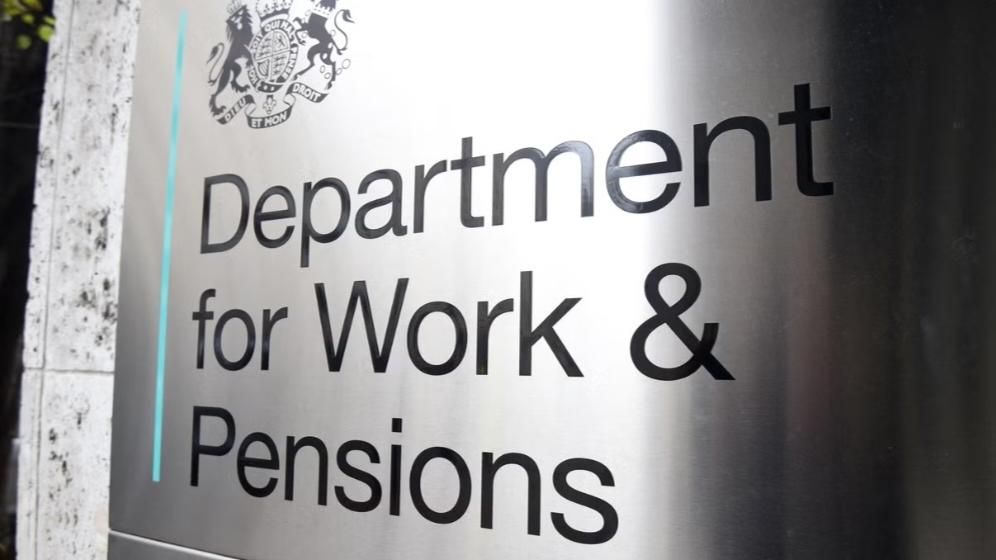Cancer death rates in the UK have decreased by 20% over the last five decades, even though the number of cases continues to grow, according to a significant report from Cancer Research UK. The findings indicate that while people today are 48% more likely to develop cancer than in the past, they are also less likely to die from it. The rise in diagnoses is mainly due to the country’s ageing population, but younger people are currently experiencing the sharpest increase in incidence rates.
One key concern highlighted in the report is that the proportion of patients diagnosed at an early stage—when treatments tend to be more effective—has remained stagnant at 54% for the past 50 years.
Cancer Research UK’s Chief Executive, Michelle Mitchell, praised the progress but emphasized the urgent need for further action. “Over 460 people still die from cancer daily in the UK, and too many cases are caught too late,” she said. “The upcoming National Cancer Plan for England must focus on improving survival rates and overhauling cancer services. Done properly, it has the potential to save countless lives and improve the quality of life for patients.”
The UK’s three main cancer screening programmes currently save approximately 5,000 lives each year. However, participation levels are inconsistent. While uptake in bowel cancer screening has improved due to the faecal immunochemical test, fewer women are attending breast and cervical cancer screenings.
Smoking remains the leading cause of cancer-related deaths, accounting for about 20% of cases. Additionally, 5% of cancer deaths are linked to obesity or being overweight.
Looking ahead, the report predicts that annual cancer diagnoses in the UK will surpass 500,000 by 2040. It underscores the importance of focusing more on prevention rather than just treatment, which would not only save lives but also ease the burden on the healthcare system and benefit the economy.
Released in conjunction with the final day of the American Society for Clinical Oncology (ASCO) annual meeting, the report was discussed in Chicago by Dr Catherine Elliott, Cancer Research UK’s Director of Research. She stated: “More people in the UK are being diagnosed with cancer than ever before, and this trend is expected to rise. That's why advancing research into gentler and more effective treatments is crucial.”
Dr Elliott highlighted promising developments shared at the ASCO conference: new drug combinations that extend survival, blood tests that refine treatment plans, and a groundbreaking study showing that exercise can aid recovery. She stressed that such progress is made possible through sustained funding and that leveraging artificial intelligence will be key in revolutionizing how cancer is prevented, detected, and treated.
"Continued investment and access to high-quality data are vital if we want to help people live longer, healthier lives free from the threat of cancer," she concluded.
Let me know if you want a shorter version or a version optimized for social media or press release formats.








.svg)


